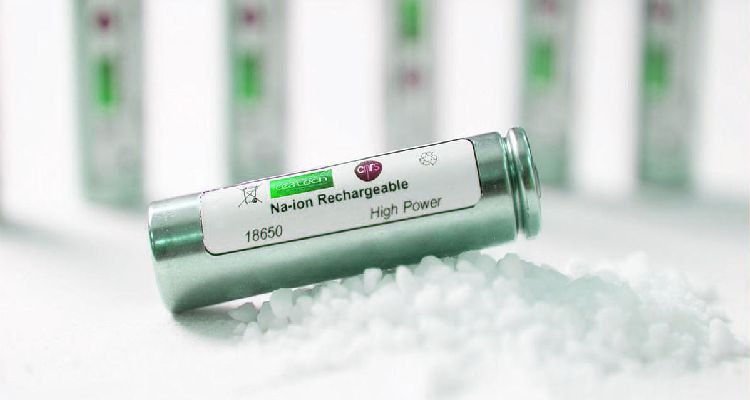There are chemical similarities between Lithium and Sodium that suggest sodium-ion batteries could be a low cost — and environmentally friendly — alternative to lithium ion batteries.
There’s only one problem. Sodium-ion batteries do not perform as well or as long as their lithium ion cousins — yet.
That may be changing, however, as research into sodium-ion batteries continues.

Researchers at the Korea Advanced Institute of Science and Technology presented a new strategy for extending sodium-ion batteries’ cyclability using copper sulfide as the electrode material.
This strategy has led to high-performance conversion reactions and is expected to advance the commercialization of sodium-ion batteries as they emerge as an alternative to lithium ion batteries.
The research confirmed that copper sulfide is a superior electrode material that is pulverization-tolerant and induces capacity recovery.
Using them should allow sodium-ion batteries to have a useful life of 5 years or more if charged once a day.
Lithium ion batteries rely on lithium and cobalt, both of which are difficult to recycle because of their toxicity. Sodium-ion batteries today are at about the same stage of development as lithium ion batteries were a decade ago.
There won’t be sodium-ion battery cells available for your electric vehicle any time soon, but on-going research means they could be a part of the energy storage picture in the future.
Reference- Clean Technica, Science Daily, Advanced Science Journal






